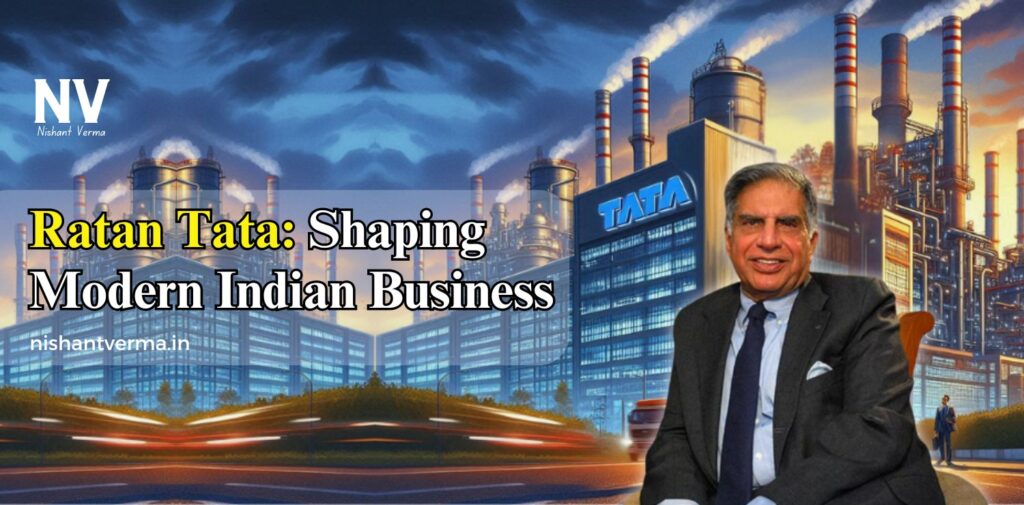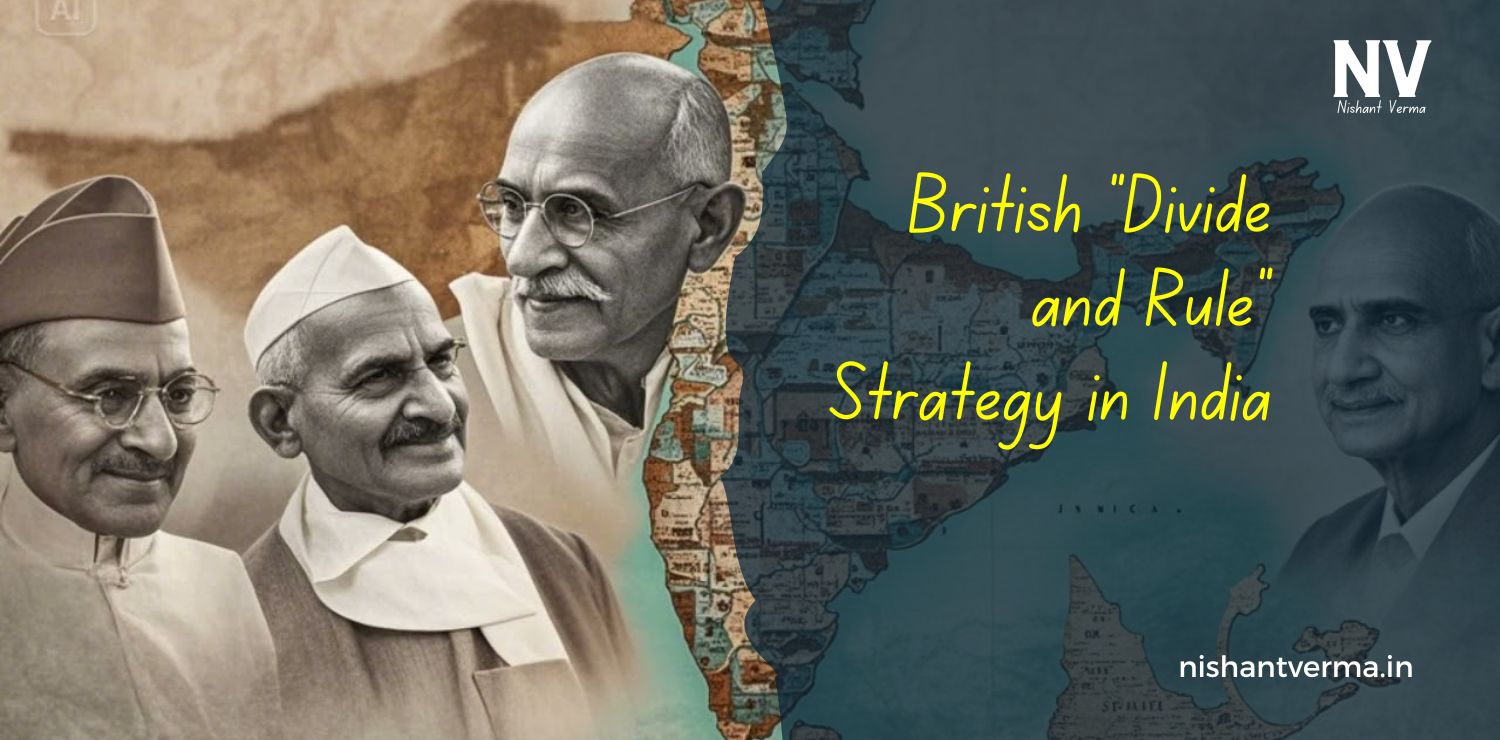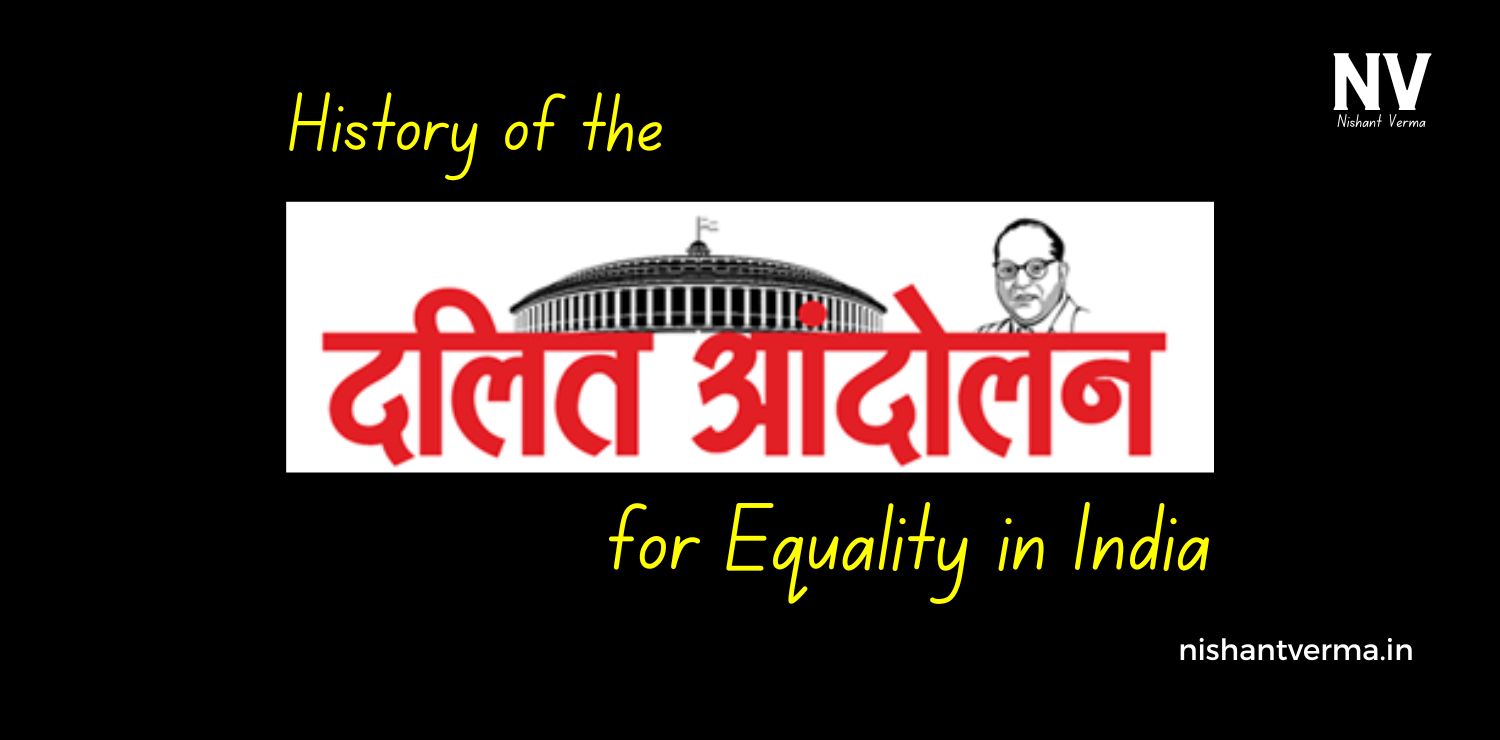Ratan Tata is more than just a prominent businessman in India; he is a symbol of innovation, leadership, and ethical business practices that have not only transformed the Tata Group but also had a profound impact on the Indian business landscape. As the chairman of the Tata Group, Ratan Tata led the conglomerate through some of its most significant transformations and global expansions. His leadership has been a blend of vision, integrity, and social responsibility, setting new benchmarks for modern business practices in India.
Early Life and Entry into Business
Ratan Tata was born in 1937 into the Tata family, a lineage known for its legacy of industrialists. However, he did not follow the conventional path of inheriting the family business immediately. After completing his education at Cornell University and Harvard Business School, Tata entered the Tata Group in 1962, initially working in the company’s various divisions without special privileges due to his family name. This experience helped him understand the business from the ground up.
Tata’s first major challenge came in 1991 when he was appointed interim chairman of the Tata Group after the sudden death of his uncle, J.R.D. Tata. Many doubted his capabilities, given his relatively modest role before this point. However, Ratan Tata soon proved he was more than ready to take on the responsibility. He brought in a fresh perspective and steered the group through a period of intense change and growth, transforming the Tata Group into one of the most respected business houses in the world.
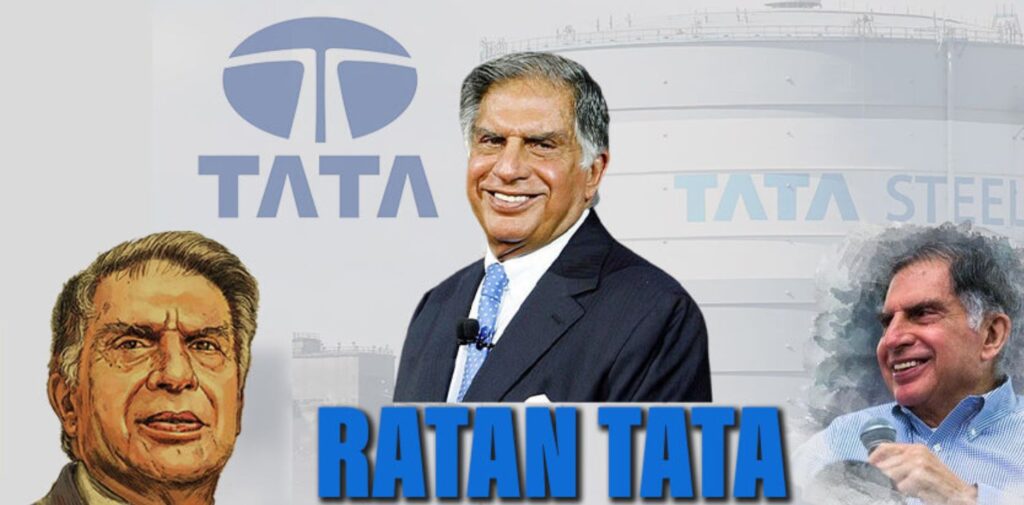
Transforming the Tata Group
When Ratan Tata became the chairman of the Tata Group in 1991, the company was already a significant player in India, but it was still largely focused on the domestic market. Under his leadership, the Tata Group expanded its operations globally, diversifying into new industries and markets. Ratan Tata’s vision was not just to expand the group’s reach but to transform its overall strategy, focusing on modernizing its business practices, enhancing competitiveness, and aligning its values with global standards.
One of Tata’s key contributions was the modernization of the group’s portfolio. During the 1990s, the Tata Group was heavily involved in industries like steel, tea, and textiles, which were becoming increasingly outdated in terms of technology and production methods. Ratan Tata led the group through a process of restructuring and modernization, which included adopting more advanced technologies and building new capabilities in areas such as software, telecommunications, and automobiles.
Tata’s leadership also saw the group’s first major international acquisition — the purchase of the British steel company Corus in 2007 for $12 billion. This was a landmark deal that put Tata Steel on the global map, making it one of the top steel manufacturers in the world. This acquisition, though risky, was a bold and strategic move that signified Tata’s intent to compete on the world stage. It also reflected Ratan Tata’s willingness to take calculated risks in pursuit of growth.
The Tata Nano: A Vision for Affordable Innovation
One of the most ambitious and controversial projects during Ratan Tata’s tenure was the development of the Tata Nano, the world’s cheapest car. The idea behind the Nano was revolutionary: to create an affordable car for the masses in India. The car was initially launched in 2008 with a price tag of just 100,000 rupees (roughly $2,000), to make personal transportation accessible to families who could not afford a car.
The Nano project was a remarkable display of Tata’s commitment to innovation and social responsibility. While the car did not achieve the commercial success that was initially expected, it demonstrated Ratan Tata’s ability to think outside the box and his focus on addressing the needs of underserved populations. The Nano was an attempt to address one of the biggest challenges faced by middle-class families in India — the aspiration to own a car but being unable to afford the expensive options available in the market.
Though the Nano project faced several hurdles, including production delays and safety concerns, it remains an example of Ratan Tata’s unique approach to business — one that combined innovation, affordability, and a deep understanding of consumer needs.
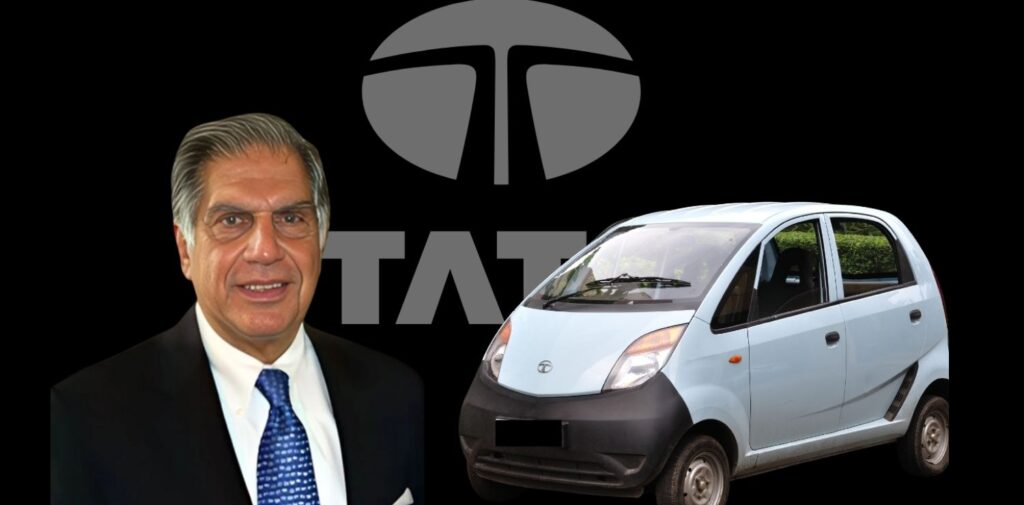
Ethical Leadership and Social Responsibility
One of the key traits that set Ratan Tata apart from other business leaders in India and the world is his commitment to ethical leadership. Under his guidance, the Tata Group consistently upheld its reputation for integrity, transparency, and social responsibility. Ratan Tata believed that businesses should serve not only their shareholders but also their employees, customers, and the communities in which they operate.
Tata Group companies have been involved in several charitable and philanthropic initiatives, particularly in the areas of education, healthcare, and rural development. One of the most prominent contributions has been in the field of education through institutions like the Tata Institute of Social Sciences (TISS) and the Indian Institute of Science (IISc), both of which are leading research institutions in India. The group has also been involved in various initiatives for healthcare, including the creation of the Tata Memorial Centre for cancer treatment and research.
Ratan Tata’s approach to business ethics is also reflected in his handling of the 2008 Mumbai terror attacks. During the crisis, he displayed exceptional leadership, ensuring the safety of employees and helping the city recover from the devastation. His actions during this time highlighted his deep sense of responsibility and his ability to lead with empathy in times of crisis.
Moreover, Tata has been a strong advocate for environmental sustainability. Under his leadership, the Tata Group took several initiatives to reduce its carbon footprint, including investing in renewable energy and implementing eco-friendly practices across its subsidiaries. Tata’s focus on sustainability reflects his belief that businesses should not only focus on profits but also contribute positively to society and the environment.
Global Expansion and Strategic Acquisitions
Under Ratan Tata’s leadership, the Tata Group expanded its global footprint significantly. Besides the landmark Corus deal, Tata Motors made another bold international acquisition with the purchase of Jaguar Land Rover in 2008 for $2.3 billion. The acquisition turned out to be an immense success, as it revitalized both brands and helped Tata Motors strengthen its presence in the global automotive market.
Ratan Tata also led the group into other sectors like software (with Tata Consultancy Services becoming one of the leading IT services companies globally) and hospitality (through Taj Hotels). His ability to spot global trends and invest in high-growth industries played a crucial role in positioning the Tata Group as a global powerhouse.
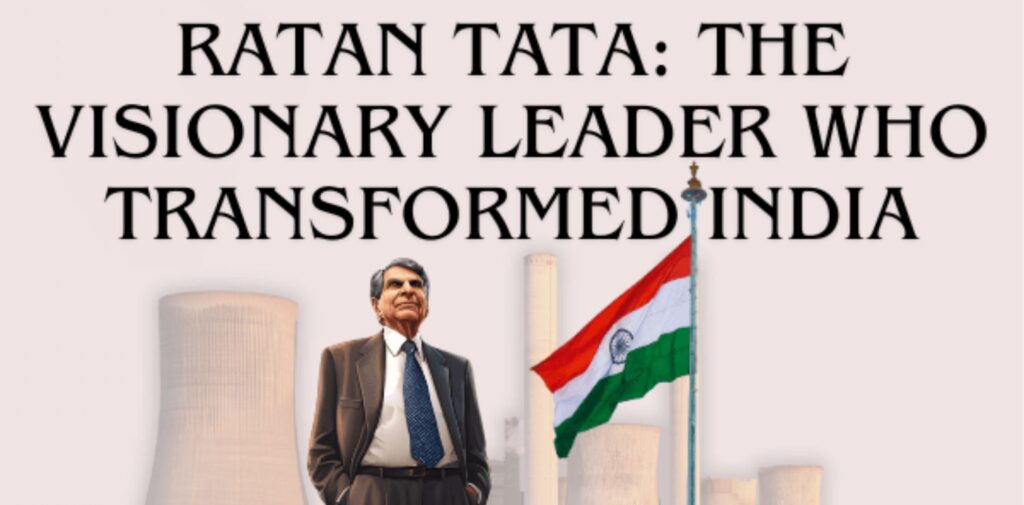
Legacy of Visionary Leadership
Ratan Tata’s retirement as chairman of the Tata Group in 2012 marked the end of an era. However, his legacy lives on through the institutions he built, the businesses he transformed, and the values he instilled in the company. Tata’s leadership was defined by his ability to balance ambition with integrity, growth with social responsibility, and innovation with tradition.
Ratan Tata’s contributions have been recognized globally, and he has received numerous accolades for his leadership and philanthropic efforts. He is widely respected for being a role model of how to lead ethically and responsibly in the business world.
While the Tata Group continues to grow and expand, Ratan Tata’s influence on modern Indian business remains deeply embedded. His leadership set the stage for the future of Indian businesses, showing that growth and success can be achieved without compromising on values. Today, Ratan Tata is remembered not just as a business leader, but as a pioneer who helped shape the modern face of Indian industry.
Conclusion: Ratan Tata
Ratan Tata’s role in shaping modern Indian business cannot be overstated. Through his leadership of the Tata Group, he demonstrated that it is possible to build a successful business empire while staying true to ethical values and social responsibility. His legacy is one of visionary thinking, resilience, and compassion, and he continues to inspire future generations of business leaders. Ratan Tata showed the world that businesses, when led with integrity and a focus on long-term goals, can not only succeed but can also bring about positive change in society.

